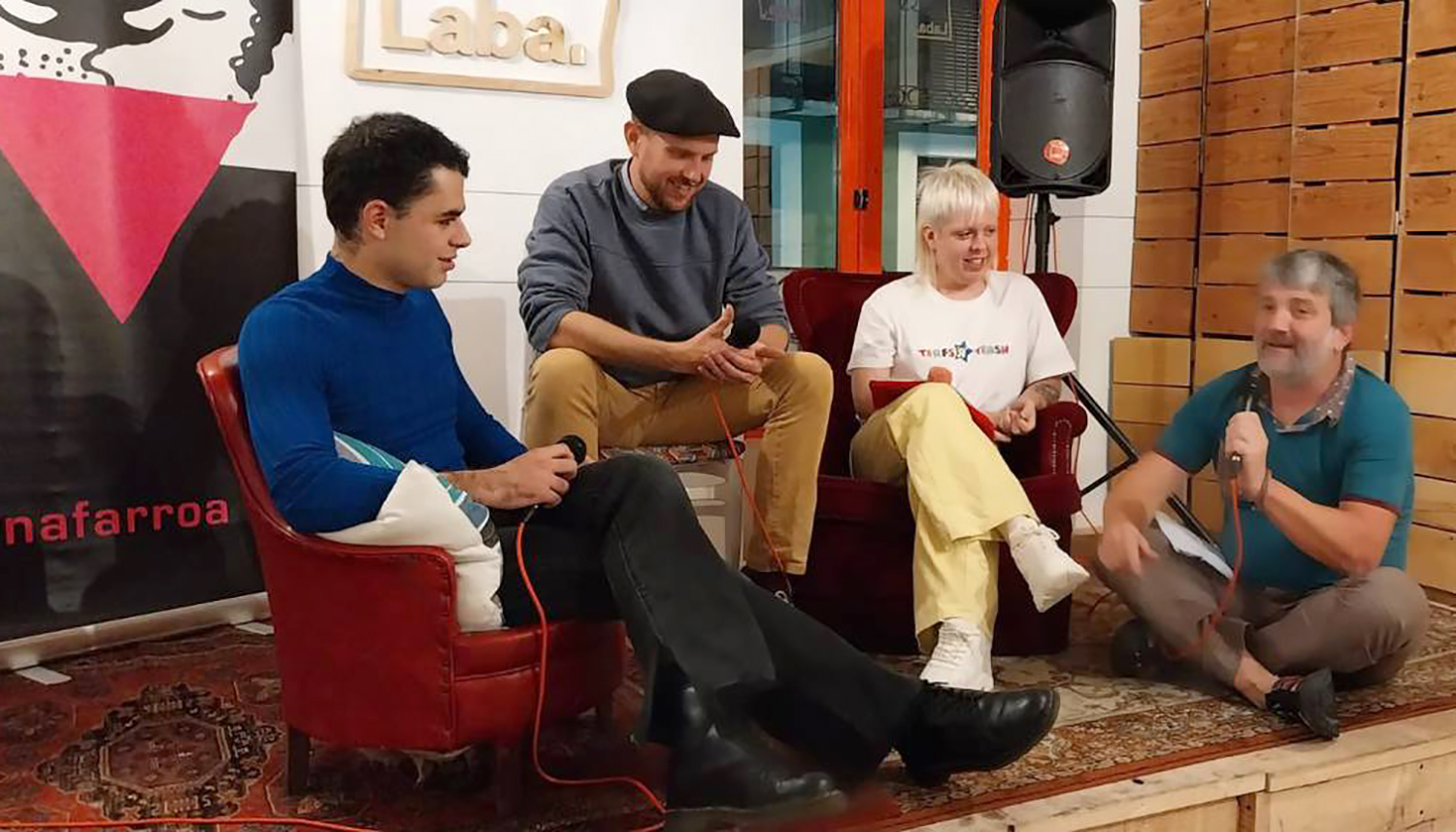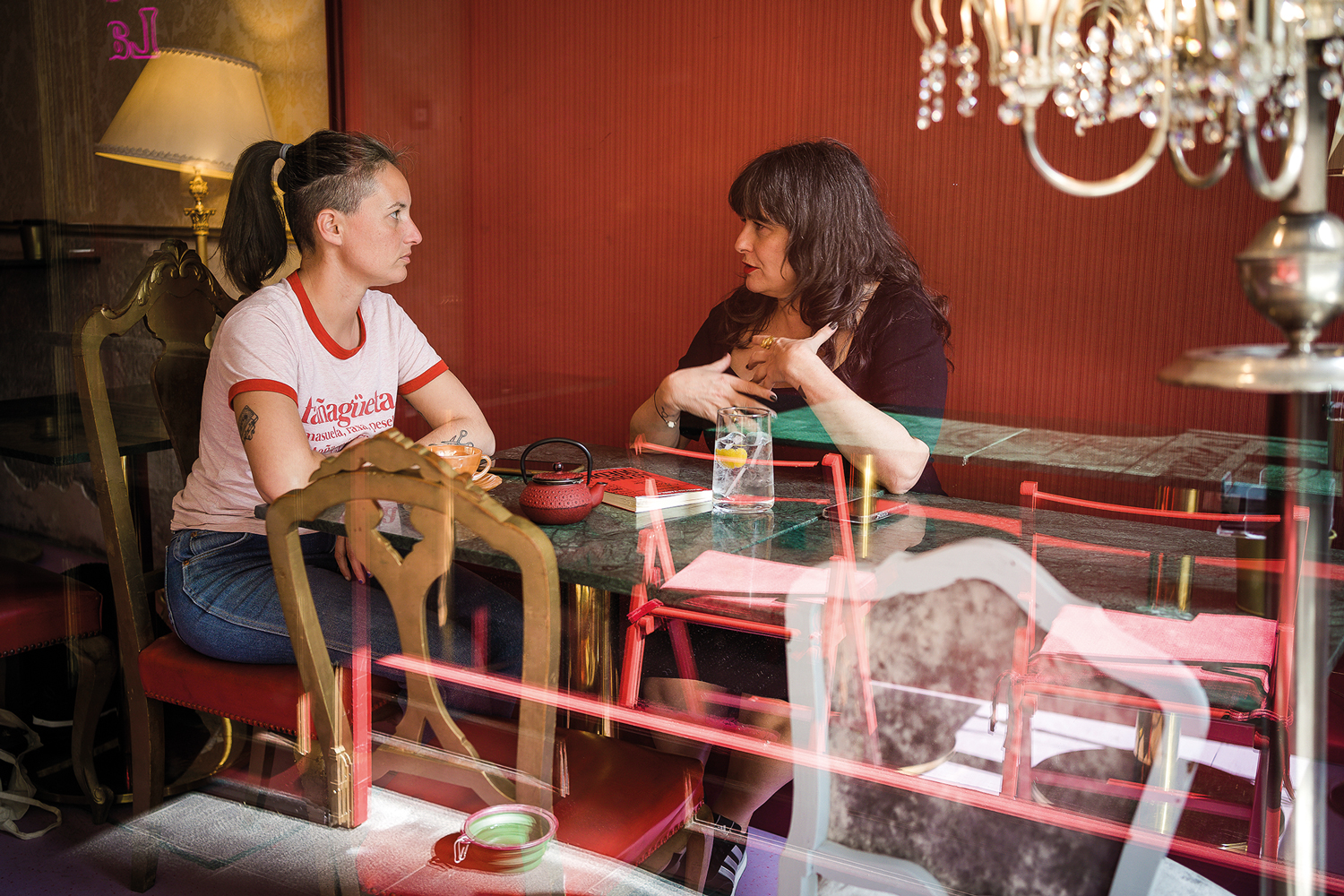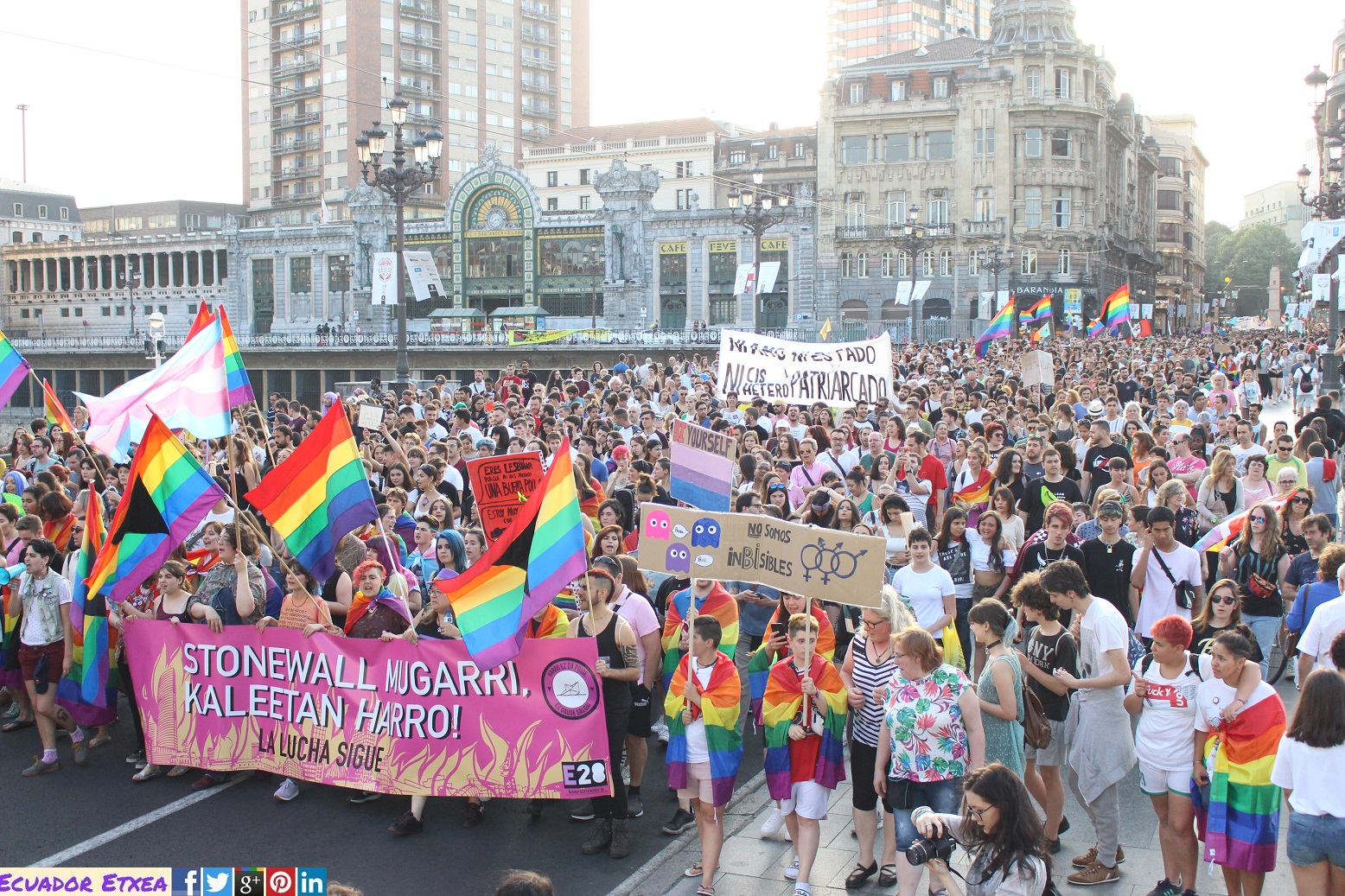Ecuador takes the first step towards legalizing homosexual marriage
- The Constitutional Court of Ecuador (CPI) has defended in a trial a homosexual couple who called for marriage between the two. This judicial procedure has allowed the Ecuadorian General Assembly to amend the laws on this matter.

After the Inter-American Court of Human Rights issued its favorable opinion to an Ecuadorian homosexual couple, the couple began to defend their rights through the courts of their country. After the Ecuadorian civil registry refused the procedure, they went to the courts of the province of Pichincha to open a new judicial route. At that time, the Constitutional Court was asked to interpret the resolution of the Inter-American Court of Human Rights.
After a long period of interpretation, the Constitutional Court declared on Wednesday that, over and above the contradictions of the Constitution, the interpretation should make the equality of people. Ecuador’s Constitution defends family diversity, but at the same time says that marriages are only between men and women. The Ombudsman, Freddy Carrión, has broken this contradiction in favour of homosexual marriage and has been pleased with this decision: “Today we are living a historic advance in human rights,” said Carrión.
Although with this step homosexual couples can marry, this ruling of the Constitutional Court does not replace a legal reform. The highest interpreter of the Constitution has asked the Assembly to reform the institution of marriage for equality and to begin the formalities for constitutional reform.
Ecuadorian society is a highly polarized society in these types of cases, which is reflected in the trial, in which five judges pronounced in favor and four against.
Brake of the Assembly
Even though the sentence is favorable to same-sex marriage, there is still a long way to go before it is fully legalized. The four judges who voted against the resolution believe that constitutional reform is the right way to legalize same-sex marriage and that it is the function of the Assembly.
Since last year there have been two other resolutions of the Constitutional Court in the Assembly. One on the manifestation of gender change in the identity card and the other on the right of homosexual children to have the name and surname of their two parents.
One more
With the resolution of the Constitutional Court, 28 countries in the world have legalized same-sex marriage. The first was that of the Netherlands, which was held on 1 April 2001, in the City Hall of Amsterdam, where five weddings were held. Belgium was the second in 2003 and other Western countries began to legalize: Canada (2005), Spain (2005)… South Africa is the first and last African country to legalize same-sex marriage in 2006.
In 2010, Argentina became the first country in South America to legalize same-sex marriage. New Zealand and Taiwan have been the first to legalize same-sex marriage in the Pacific and Asia, respectively, in 2013 and 2019.
Although more countries are gradually joining this list, only 28 of the 193 UN countries have legalized same-sex marriage, which accounts for 14.5% of the total. The map of the world about the legal status of same-sex marriage allows us to appreciate the configuration of the world. Most of these 28 countries are Western powers and allies: Many countries of the European Union, the United States, Canada, South Africa, Brazil…
The situation in South America can also be understood with the governments of the last twenty years and with the configuration of the different currents that exist in the region in general; Argentina and Uruguay, for example, are more Western and, in general, progressive policies are established earlier.
Involution
There are also countries that go back to this issue. In Brazil, for example, homosexual marriages have not yet been fully legalized, but in daily life homosexual couples are normally married in Brazil, after the adoption in 2013 of a favorable resolution by the National Justice Commission. Brazil's new president, Bolsonaro, did not say in his campaign that he was going to celebrate same-sex marriage, but he did launch permanent attacks on the LGTBI collective, making it a central element.






















